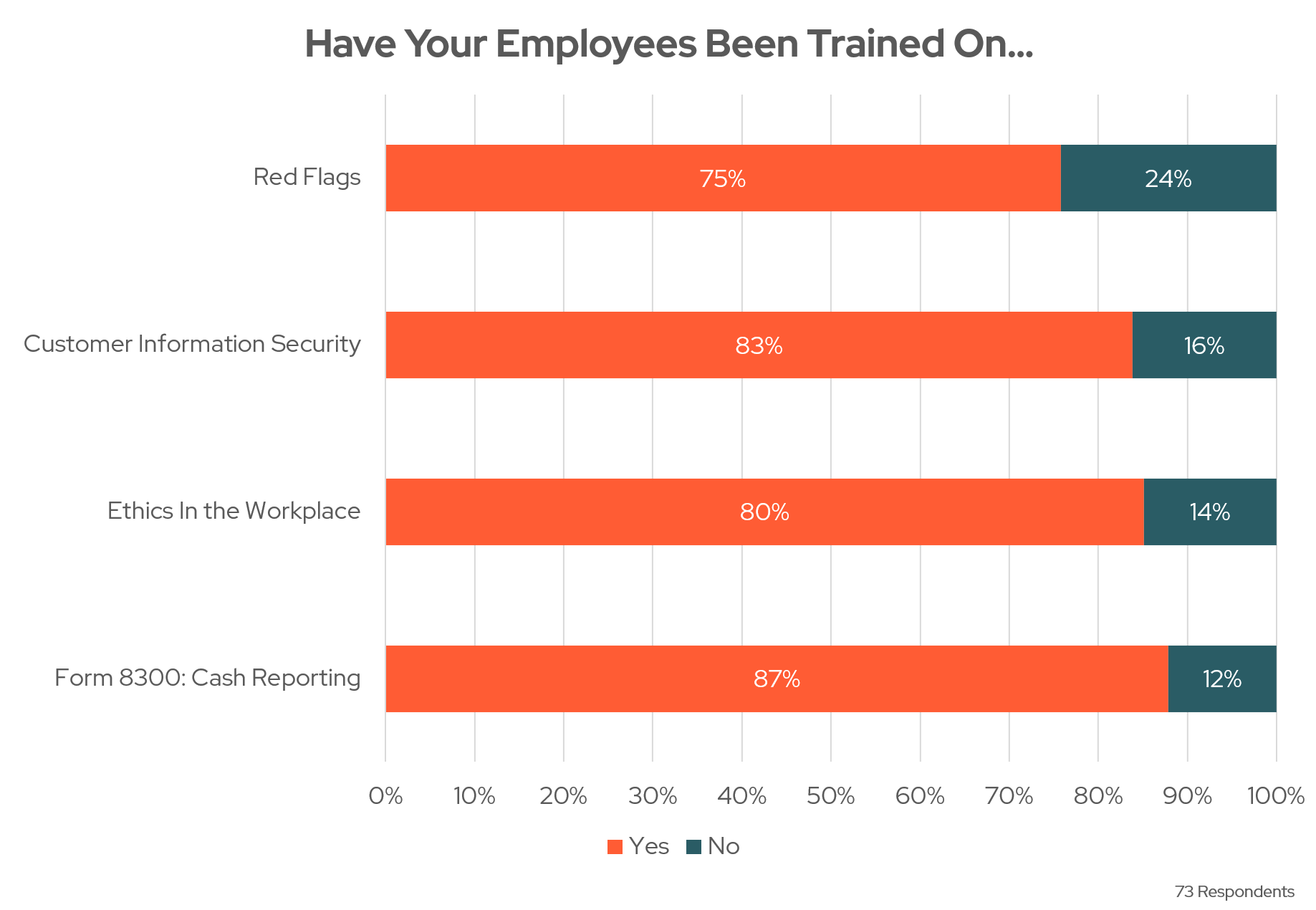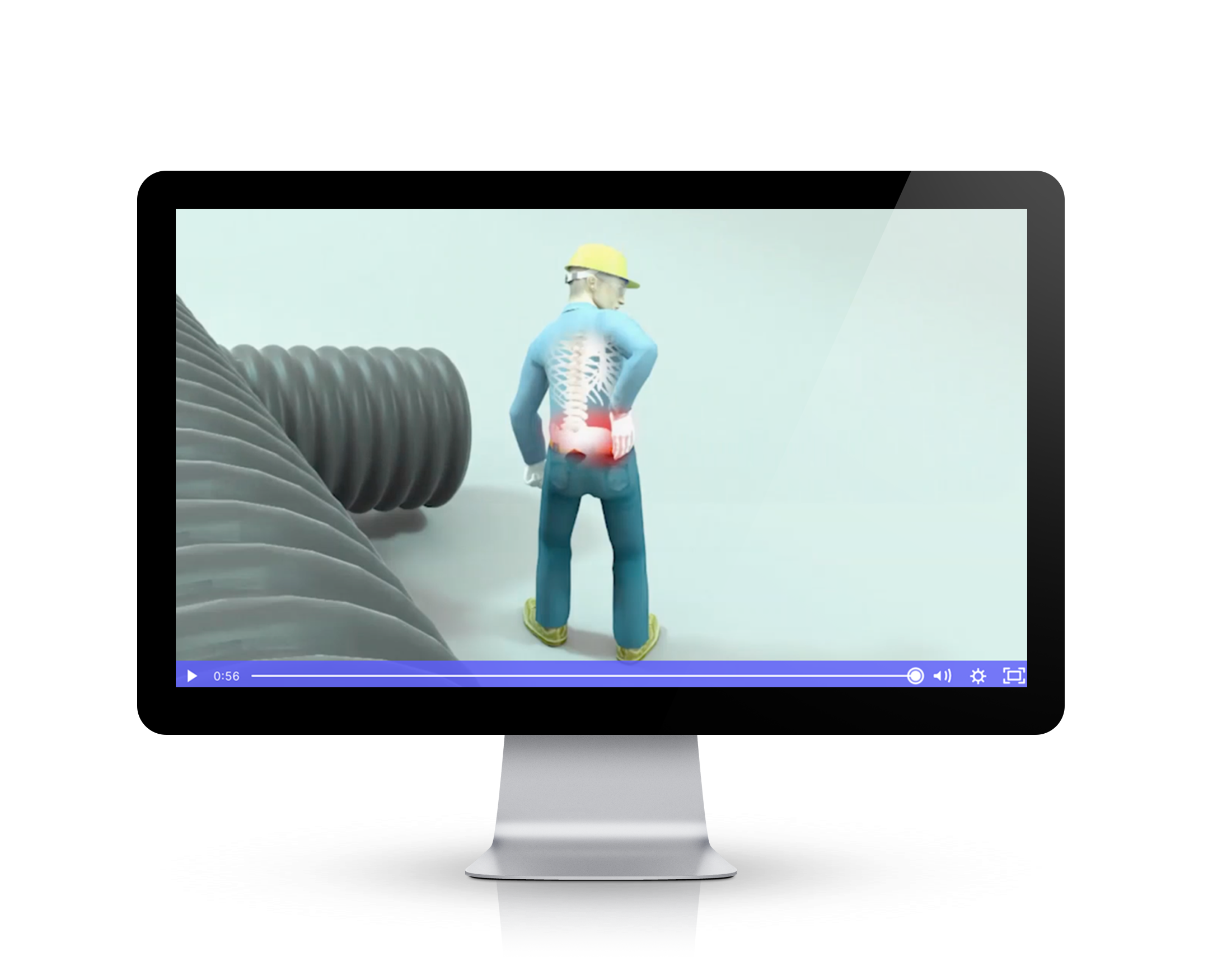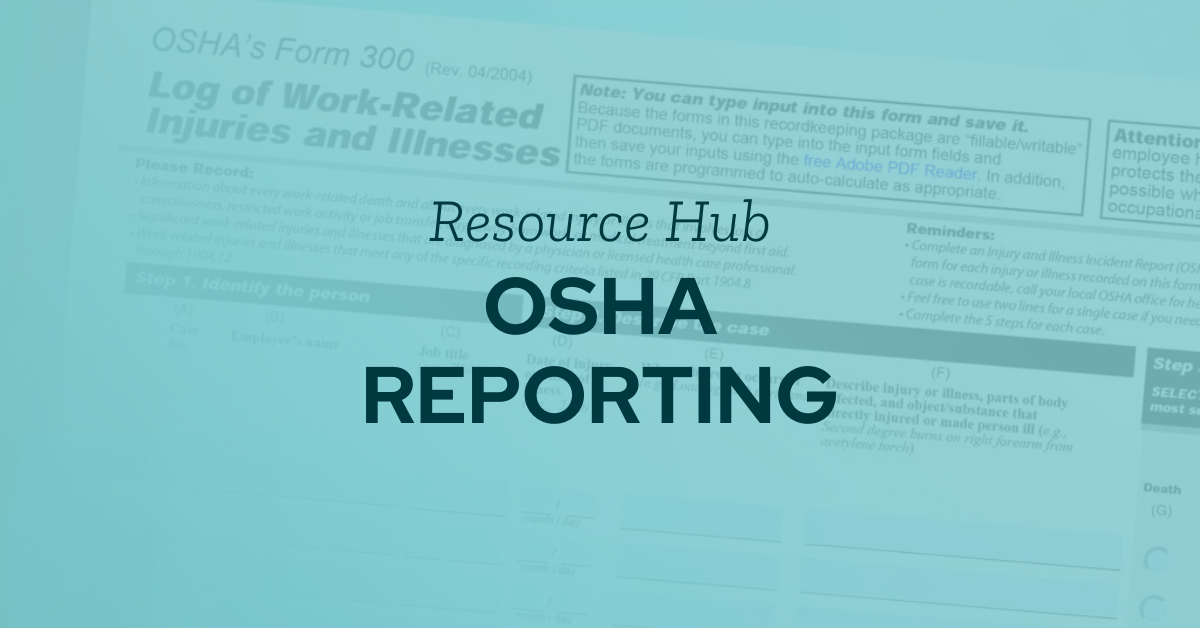RMC Training Courses

HAZWOPER Personal Protective Equipment and Decontamination Procedures
This course will discuss the best practices and standard operating procedures used to properly control exposure to hazardous waste. It will also review HAZMAT levels and the proper donning and doffing of PPE. Finally, it will discuss what decontamination is, the methods used to remove contaminants, and how to determine if the method was successful.
ViewHAZWOPER Respiratory Protection and Safety
This training will examine the nature of respiratory hazards, why they’re not always immediately apparent, and how they can have lingering long-term health effects. It will also discuss the selection and use of suitable NIOSH-certified respirators and the unique applications and limitations of each. Also discussed are medical evaluations, fit tests, and employer responsibilities.
View
HAZWOPER Safety Orientation
This training will explain the goals of HAZWOPER and how to determine when it does and does not apply. It will review key components of the Hazard Communication standard. Also discussed are who requires HAZWOPER training, what the training entails, and how much is needed based on your job. Each section of the HAZWOPER standard will be reviewed at a high level.
View
HAZWOPER Site Safety and Health Plan
This training helps facilities comply with OSHA's HAZWOPER regulation (29 CFR 1910.120), summarizes the various aspects of the Plan, and how the Plan helps to protect the health of anyone who regularly works around hazardous materials.
View
HAZWOPER Understanding Chemical Hazards
This training will identify and discuss common examples of hazardous materials used in several industries and explain the nine GHS chemical hazard symbols. You'll also learn how to keep yourself safe in the workplace by using proper PPE and how to handle a spill and store, transport, and dispose of hazardous materials.
ViewHAZWOPER Work Practices and Engineering Controls
This training covers the effective use of engineering controls, such as ventilation systems, isolation barriers, and automated systems, that aim to minimize or eliminate worker exposure to hazardous substances. Participants will learn how to assess their work environment for potential hazards, select and implement appropriate controls, and ensure these controls are maintained to operate effectively.
View
Heat Stress
In this training, you will identify common risk factors of overheating, learn the dangers of heat exposure, and explore safe work practices.
View
Heat Stress in Construction Environments
In this training designed for construction workers, you will identify common risk factors for overheating, learn the main dangers of heat exposure, and explore safe work practices.
View
HIPAA Rules and Compliance
This training will explore the main rules of HIPAA, methods of safeguarding PHI, an overview of the rights and protections provided by HIPAA, common violations to avoid, and the potential consequences for being found HIPAA non-compliant.
View
I2P2 - Injury and Illness Prevention Programs
This training provides employees with important information on how this organized approach to workplace safety can significantly reduce accidents and injuries, and how the workers themselves can play a major role in making the program work.
View
Indoor Air Quality
This course will help you identify and respond to indoor air quality issues that may affect the health and safety of workers. Understanding how to identify and handle air pollutants is the first step in making sure all employees can breathe easily at work.
View
Industrial Ergonomics
This training explains how to design the workplace or jobs to fit your needs. Improper ergonomics increases your exposure to hazards that are known to contribute to musculoskeletal injuries which affects muscles, tendons, nerves, and blood vessels.
View